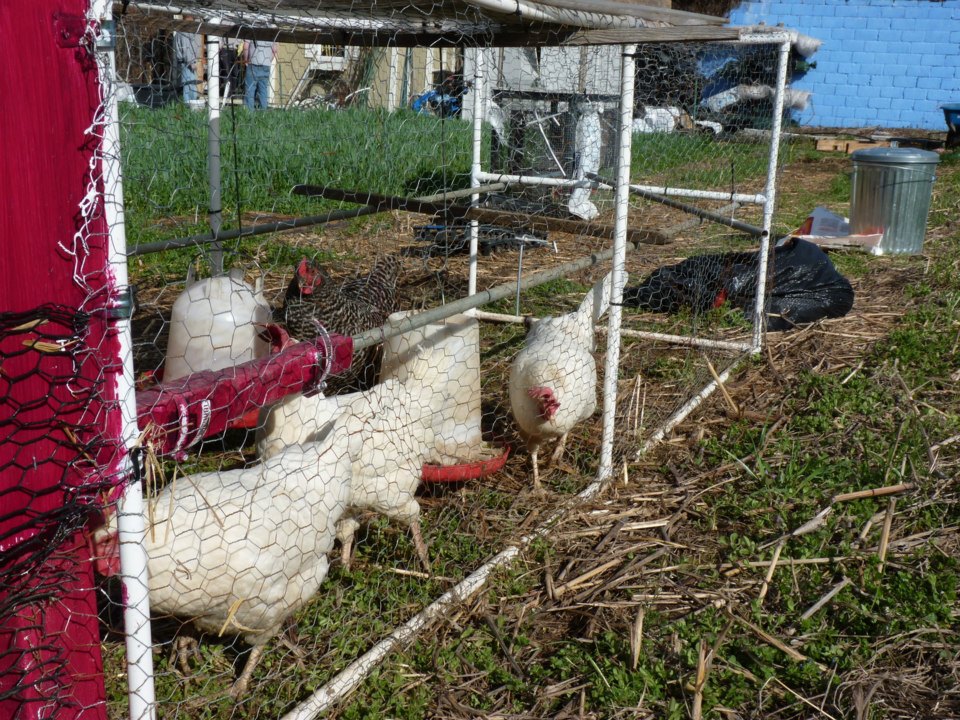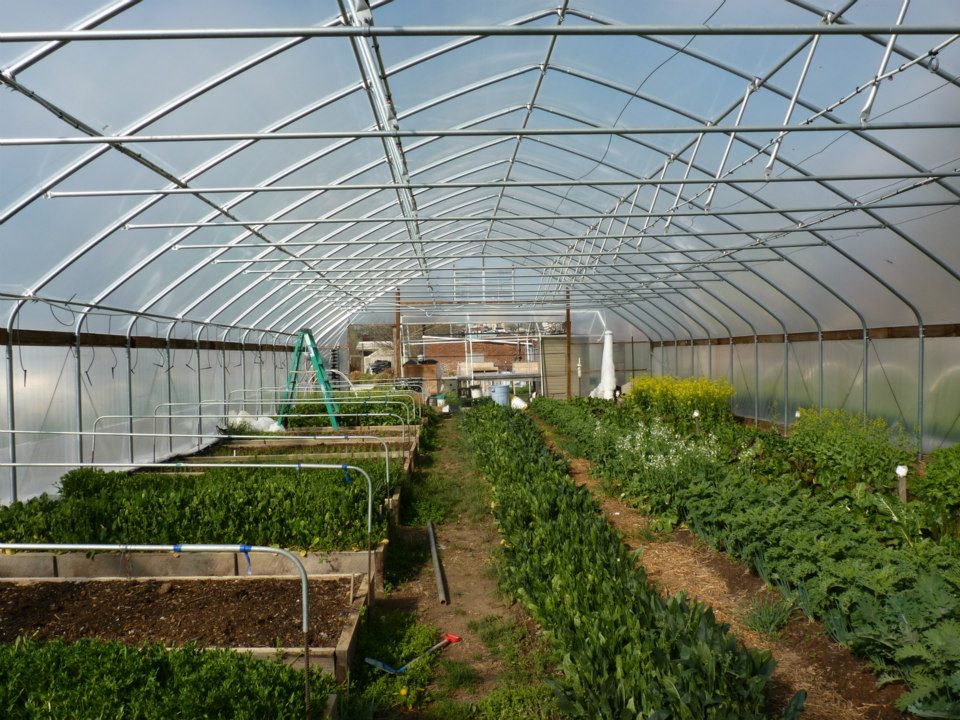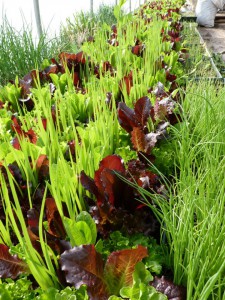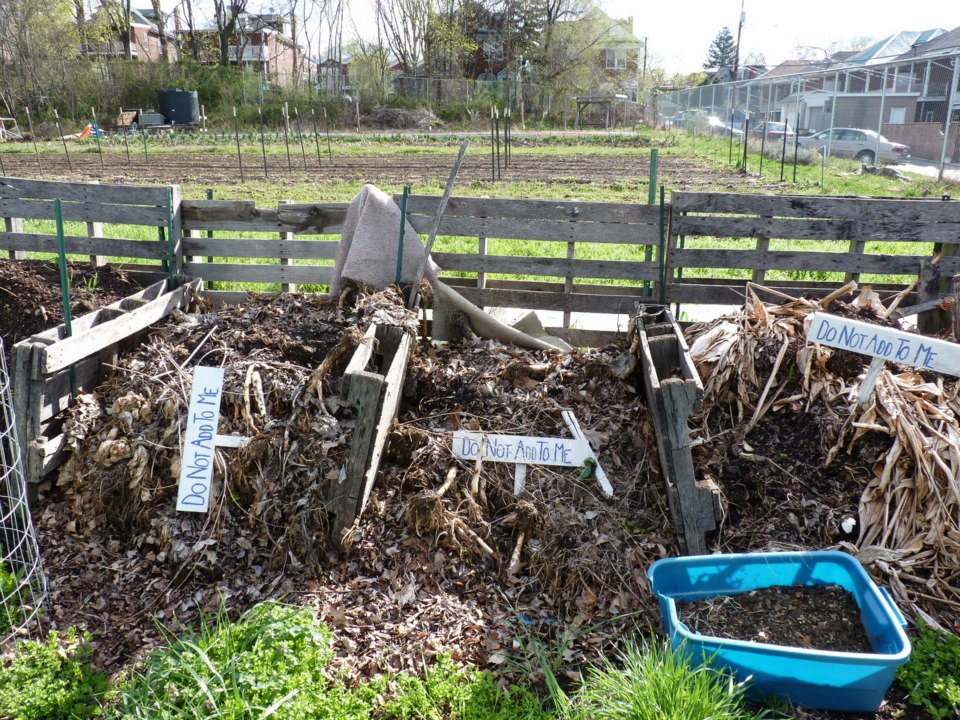Brad Lancaster - The Desert Harvesters

My guest for today is Brad Lancaster, author of Rainwater Harvesting for Drylands and Beyond, who returns to talk about Desert Harvesters, an organization in Tucson, Arizona, using neighborhood plantings to collect urban rainwater runoff, and create community by raising awareness about native edible plants. We spend much of our conversation discussing the history and actions of this organization, before turning to how these ideas are spreading to other cities and towns.
uring the closing Brad shares some of the current research on using street runoff to irrigate roadside plants, as well as four water assessment suggestions that he uses to evaluate every site. Find out more about him at harvestingrainwater.com. Desert Harvesters' website, desertharvesters.org, has numerous resources that expand on the conversation Brad and I had today.
One piece I recommend you read is the Manifeasto (PDF) by Kimi Eisele, as it is a one-page poetic encapsulation of everything Desert Harvesters stands for, including the vision and approach to spreading knowledge about native plants, and the power of celebration and capturing water runoff. Through the use of celebration Desert Harvesters created community that leads to a greater buy-in from the changemakers in not only Tucson, but other regions as well. Through actions that started out illegally, with those first curb cuts, Brad and the others in his neighborhood showed that these ideas of using street run-off worked. Leveraging those two ideas shaped through the creation of the cookbook, they expanded the circle of influence further and further, accomplishing more collectively than through the actions of a given individual or organization.
Resources:
Harvesting Rainwater (Brad’s Site)
Desert Harvesters The Desert Harvesters’ Manifeasto (PDF)
Multi-Use Rain Garden Plant Lists





